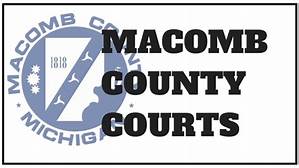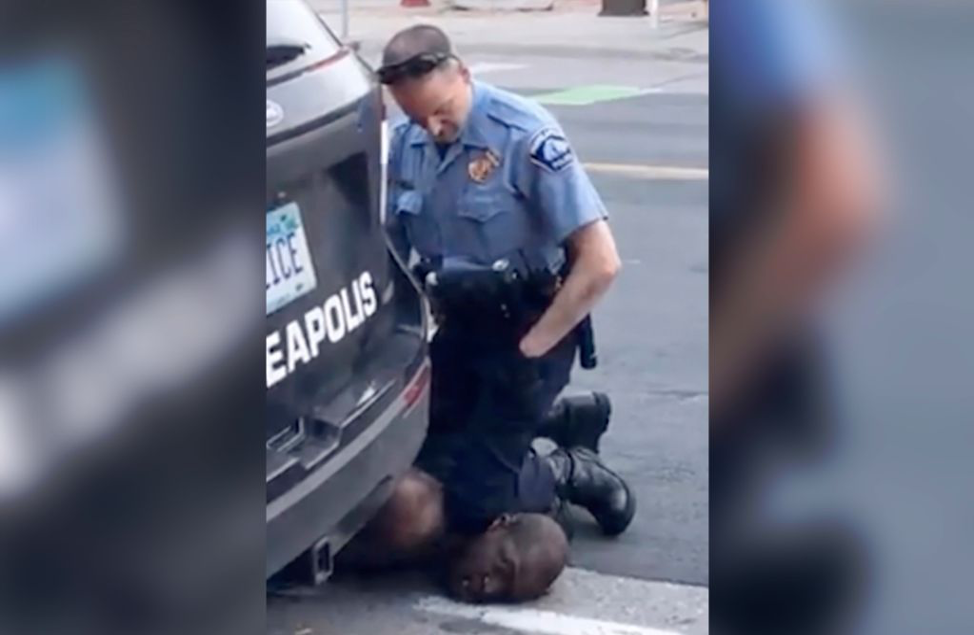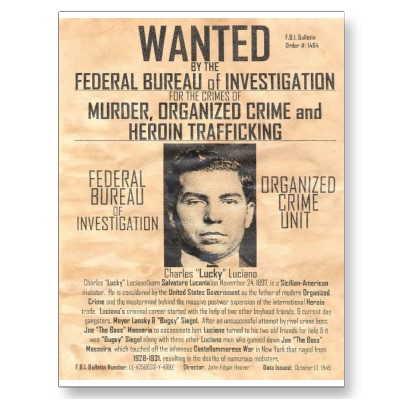- Arrest: After a criminal investigation, a person may be arrested and brought before the court for arraignment on a felony.
- Notice to appear: A person may be notified by mail or other means to personally appear for an arraignment.
- Ticket or citation: A ticket or citation issued by a police officer will contain instructions to contact the court, usually within 10 days.
- Misdemeanor offense: The court may allow a defendant to waive formal arraignment for a misdemeanor charge.
- Felony offense: Formal arraignment is mandatory and cannot be waived.
In Michigan, arraignments must take place without unnecessary delay. If a person is not arraigned within a reasonable time, the case will be dismissed but it is subject to being reinstated at a later date.
Arraignments are only provided for criminal cases, not traffic tickets that are “civil infractions” and non-criminal.
More and more courts are not allowing arraignments to be waived for crimes such as domestic violence, drunk driving and drug crimes. A no-contact order is typically ordered assault and domestic violence crimes. For many alcohol and drug crimes (OWI with a high BAC, OWI 2nd or 3rd, possession of analogues), the court will impose alcohol/drug testing during the pendency of the case and may continue testing after sentencing as a condition of probation.
Purpose of arraignment
The arraignment is not a confrontational phase of a criminal case. However, it is an important first phase of a criminal case and that is protected by the Bill of Rights. The following legal matters are covered at a formal arraignment:
- Charges are read in open court: The criminal charges and maximum penalties are read to the defendant.
- Entry of plea: The court will consider accepting a plea at this time (see below for more about “plea” proceedings).
- Cash or personal bond: The court will impose a personal bond (no money is required) or bond with a cash component.
- Right to an attorney: The defendant is advised of his right to a court appointed attorney base upon financial circumstances.
- Bond conditions: The court can impose bond conditions upon release which may include: alcohol/drug testing, no-contact order, house arrest and GPS monitoring.
- Probable cause conference: A probable cause conference and preliminary examination are scheduled for felony cases.
- Pretrial conference: A pretrial conference is scheduled for misdemeanor cases which serves a similar purpose as a probable cause conference.
You should always consider hiring your own lawyer for purpose of arraignment if you have the convenience to do so and have not been arrested.
Entering a plea at the arraignment: Guilty or Not Guilty?
The arraignment, being the initial phase of a criminal case, is considered a critical stage of criminal proceedings where the accused party (the defendant) is entitled to have the presence of an attorney. The court will provide a court appointed attorney for the limited purpose of arraignment if the accused party is without his or her own attorney. Without exception, an experienced criminal defense lawyer will always enter a plea of “NOT GUILTY” or “STAND MUTE” at the arraignment on behalf of the accused party. A not guilty plea is entered by standing mute. By standing mute, the defendant is representing to court that he or she is refusing to speak or exercising his or her right to remain silent.
Entering a plea upon receipt of an appearance ticket/citation
A ticket or citation may be issued by a police officer for misdemeanors charged under state law or local ordinance. A felony cannot be charged on a ticket or citation. The ticket will contain the court address and plea instructions. If you receive a ticket, you should consider contacting a lawyer to enter a plea with the court on your behalf. As I mentioned, an attorney will invariably enter a plea of NOT GUILTY to preserve future rights to fight the charge(s). If you plead guilty without a lawyer, it may be difficult to later set the plea aside.
MCL 257.728 governs the process for handling an appearance pursuant to a ticket or citation: Appearance may be made in person, by representation (of an attorney), or by mail. If appearance is made by representation or mail, the magistrate may accept the plea of guilty or not guilty for purposes of arraignment, with the same effect as though the person personally appeared before him or her. The magistrate, by giving 5 days’ notice of the date of appearance, may require appearance in person at the time and place designated in the citation.
Attorney’s role at the arraignment
You are at an automatic disadvantage when you appear before a judge for a criminal matter without the benefit of your own local attorney. Court personnel are forbidden from giving you legal advice. Although a court appointed attorney is furnished at an arraignment to make you feel like you are protected, the court process remains heavily weighted in favor of the police and the victim at this stage of the case. First, there is the police report that may contain an unfair depiction of the incident and make a bad impression on the judge. In addition, the officer in charge and the alleged victim may be present during the arraignment. The victim may have an agenda and ask the judge to impose GPS monitoring or other unfair restrictions on the defendant’s freedom. It is far easier for the arraigning judge or magistrate to impose a high bond along with harsh bond conditions in the interest of protecting the public and the victim.
The media in the courtroom: The rate of media coverage in the courtroom continues to increase and become a source of news as well as entertainment. Unfortunately, the presence of the media in the courtroom can have an influence on how everyone, including the judge and prosecutor, conduct themselves. The impartiality of the court and presumption of innocence can take a backseat in cases when the public is looking to lynch the defendant in a highly publicized case.
How can a local defense attorney make a difference? It is a fact that judges get to know the attorneys that appear before them over many cases and many years. They establish relationships and a mutual respect that can be relied upon in and out of the courtroom. A local attorney can be a vital asset to someone charged with a crime at the time of arraignment. Assuring the court that the defendant will be cooperative at all times (not use alcohol, avoid contact with the alleged victim) can make a difference in getting the judge to set a low or personal bond and limiting bond conditions that are a restriction on freedom.
What are the next phases of a criminal case after the arraignment?
A criminal case will be scheduled for pretrial proceedings following the arraignment. The first proceeding that is set will depend on whether the case is a misdemeanor or a felony.
Pretrial conference: Misdemeanors are scheduled for a pretrial conference after the arraignment. A pretrial conference is conducted between the prosecutor and defense attorney. There are no restrictions on what may be covered at a pretrial conference. However, the vast majority of criminal cases are resolved at the first or subsequent pretrial conference(s) when a plea bargain can be negotiated.
Probable cause conference: Felonies are scheduled for a probable cause conference (PCC) after the arraignment. A PCC is like a pretrial conference and may result in an ultimate resolution of a felony when a plea bargain can be achieved. Many felonies are amended to misdemeanors at a PCC. A felony that is not resolved at the PCC may be waived to the circuit court for further proceedings or scheduled for a preliminary examination.
Modification of bond conditions after the arraignment
The amount of bond (cash component) and bond conditions ordered by the court at the time of arraignment are not etched in stone. A request can be made at any time after the arraignment for termination, modification or adjustment of the bond and any of the bond conditions. A request to modify bond is made by the attorney for the defendant by filing a motion for one or more of the following:
- Reduction in the amount of bond (cash) required to get out jail. A request for a person bond, whereby no money is required, may be made in a bond reduction motion.
- Reduction or termination of alcohol/drug testing.
- Removal of no-contact order.
- Permission to allow travel out of state.
- Termination of GPS monitoring/tracking or house arrest.

 Michigan Criminal Lawyer Blog
Michigan Criminal Lawyer Blog





